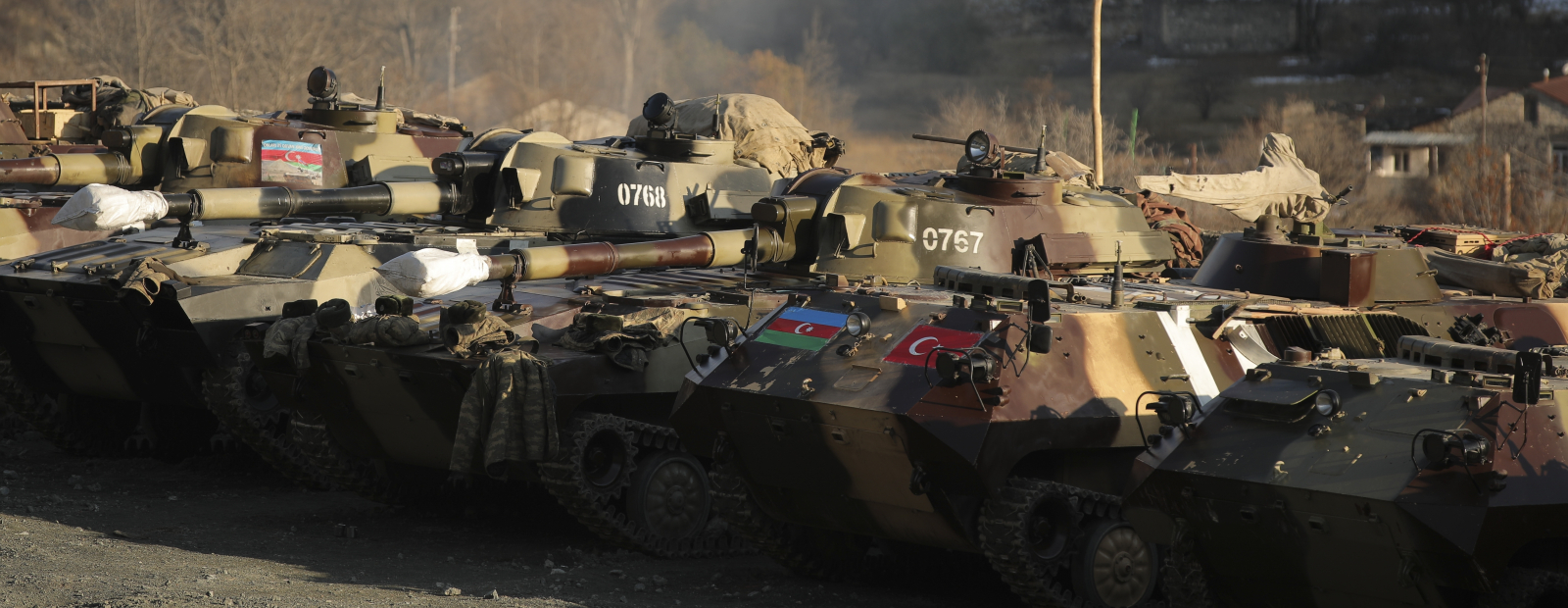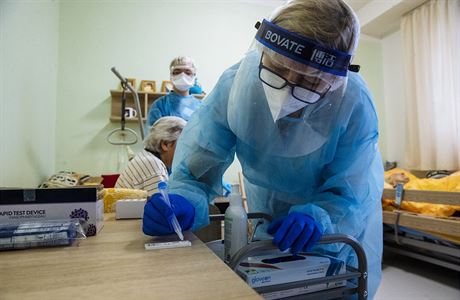Prime Minister Jean Castex, with the mayor of Boulogne-sur-Mer, Frédéric Cuvillier (right), and port representatives, during a visit devoted to Brexit, December 3, 2020. – Christophe Petit Tesson / AFP
Northerners fishermen still worried. Ensuring that French fishing would not be “sacrificed” on the altar of post-Brexit trade negotiations, Prime Minister Jean Castex promised on Thursday a “support plan” from Boulogne-sur-Mer. He had come to see, in Pas-de-Calais, the progress of preparations, one month from the end of the transition period.
“We hope to get an agreement under the best possible conditions, but not under any conditions. And certainly not in the conditions where fishing would be sacrificed as an adjustment variable ”, hammered the Prime Minister, in front of representatives of the sector (fishermen, industrialists, transporters…).
“We need access to water, it is imperative”
While European standards will cease to apply to the United Kingdom on January 1, 2021, whether there is a trade agreement or not, Jean Castex has therefore tried to respond to the concerns of fishermen, who are among the first victims of the ambient uncertainty.
However, the process seemed to be accelerating at the end of the week, with European negotiator Michel Barnier telling member states that the next few hours of discussions will be crucial. However, fishing, and therefore access to British waters full of fish, is one of the main bones of contention.
“We need access to water, it’s imperative,” repeated to Jean Castex Olivier Leprêtre, president of the regional fisheries committee.
Reduce truck queues
For the French, fishing in British waters represents around 20% of fishing activity in the Atlantic – Channel – North Sea, or some 180 million euros. The impact of a “no deal”, which would also mean re-establishing customs duties according to a World Trade Organization tariff schedule, is still difficult to measure.
More generally, the Prime Minister, who then went to Calais to the Eurotunnel site and then to the commercial port, also came to check the preparations before the changeover, while the government claims the recruitment of 1,700 customs officers, veterinarians , of the police… The stakes are high: to reduce truck queues as much as possible.
About twenty more agents in Boulogne-sur-Mer
Thus, Jean Castex announced the arrival of twenty more agents in Boulogne-sur-Mer in order to operate 24 hours a day the veterinary inspection service of this city (Sivep) intended to treat the products of the sea coming in from Great Britain.
Hauts-de-France obviously concentrates most of the issues, since 70% of trade between the EU and the United Kingdom passes through there, at the rate of 12,000 heavy goods vehicles, 13,000 cars and 60,000 passengers per day.


